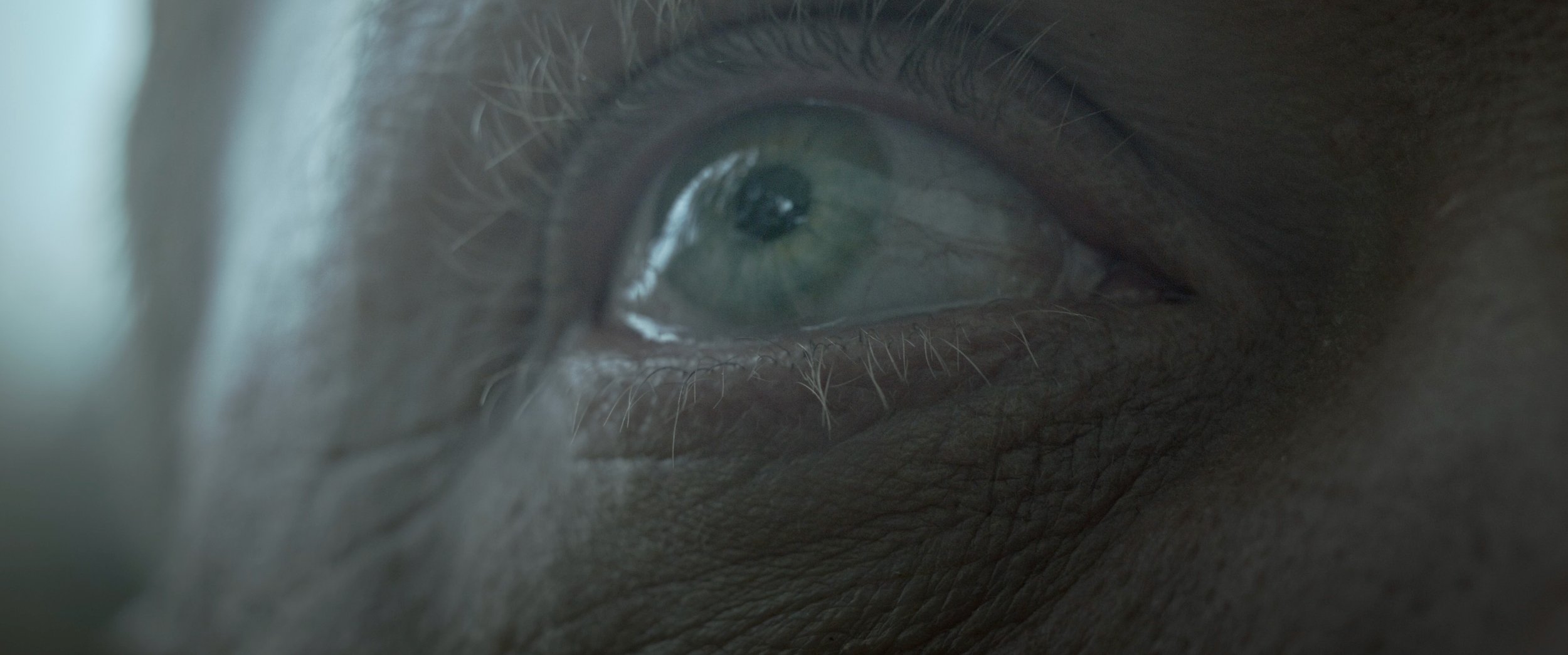I first saw Bark last year at Fantastic Fest, and it’s a film that’s haunted me ever since. So much so, in fact, that I’ve been counting the days until its release just so I could tell my friends and family about it. Now that it's hitting digital and VOD on June 13th, thanks to Dark Sky Films, I can finally share it with others—and hopefully, they'll be as shaken and moved by it as I was.
At the heart of Bark is a tour-de-force performance by Michael Weston, an actor I’ve admired for years. Like many, my appreciation began with his work alongside Zach Braff in Garden State, The Last Kiss, and Wish I Was Here. Those films—especially Garden State—deeply shaped my understanding of coming-of-age storytelling, emotional vulnerability, and the blurred lines between comedy and pain. So getting the chance to speak with Michael about Bark, and having him be so gracious about revisiting Garden State, felt full circle for me.
Directed by Marc Schölermann and written by Steve Fauquier, Bark begins with a deceptively simple premise: Nolan Bentley (Weston) wakes up in the middle of a forest, tied to a tree with no memory of how or why he got there. Over the course of 90 tightly-wound minutes, Bark morphs into something far more intricate—a psychological showdown, a moral reckoning, and an emotional gut-punch. While there are clear genre trappings—hints of survival horror, nods to the captivity thriller—the film is something else entirely: a stripped-down study of guilt, manipulation, and identity.
Michael was candid about the challenges of inhabiting Nolan, a man who at first elicits sympathy, then suspicion, and finally something more complex. Shooting mostly in one location, physically restrained for much of the runtime, he had to rely heavily on nuance, voice, and micro-expression to convey Nolan’s arc. His onscreen chemistry with A.J. Buckley, who plays the mysterious outdoorsman with unsettling calm, is electric. Together, they carry the film like a two-man play unraveling in the wilderness.
One of the most striking things about Bark is how it plays with audience expectation. At first, it seems like a straightforward “man in peril” scenario. But as the layers peel back, we learn that Nolan isn’t the innocent victim he appears to be. Weston discussed how crafting a character who manipulates not just the other character, but the viewer, required deep emotional mapping. It's a delicate balance—maintaining empathy for someone who might not deserve it.
We also touched on the way Bark uses its single location to create intense claustrophobia despite being set entirely outdoors. The cinematography is tight and disorienting, almost voyeuristic, drawing us deeper into Nolan’s psyche. Weston credited Schölermann’s vision for knowing when to lean into the tension and when to let stillness linger. There’s a surreal beauty to some of the film’s most painful moments—particularly the ones at night, when the forest feels like a character of its own.
Talking to Weston about Bark only deepened my admiration for the work he puts into each role. While his past collaborations with Braff introduced me to his emotional range, Bark feels like a new chapter—raw, unsettling, and deeply human. It’s a film that builds slowly, then hits you with a finale that reframes everything that came before.
If you’re someone who appreciates morally complex thrillers, character-driven storytelling, or simply wants to see one of today’s most underrated actors give a powerhouse performance, Bark is more than worth your time. For me, it’s already one of the standout indie releases of the year.
And to Michael Weston—thank you for not just taking the time to dive into this dark, tangled forest of a film, but also for acknowledging the impact of your earlier work. Your characters continue to live rent-free in my head—and now, in the woods too.
Jessie Hobson







